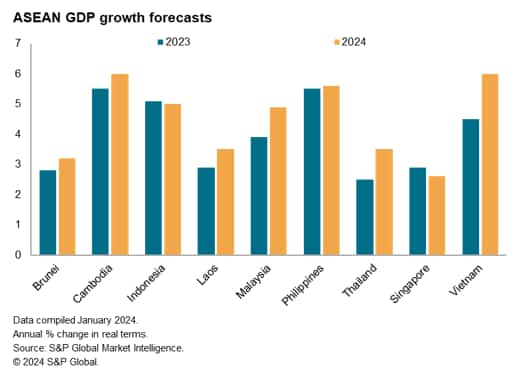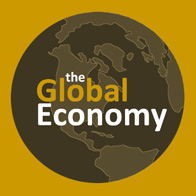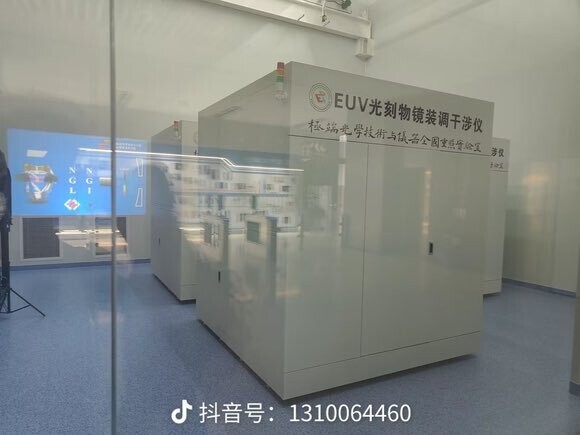Chinese people seem cold, distant, almost inhuman to me in a way. I can't recall a single moment in my life where I had anything resembling a genuine human connection with a Chinese person.
Part of it is that doing business the Chinese way is $$ advantageous, and if you don't like that, too bad, you're competing with a billion Chinese who do, so are you going to be the one guy who bucks the system with a lower profit margin? Joke is that since they continually undercut each other, even with their crude practices the profit margin is still tiny.
The other part is they are actually different. While whites, for example, especially Westerners, are "open" in their attitude and heart, and will do things like help strangers and animals, Chinese are "closed." Chinese don't even like to answer simple questions because it makes them vulnerable when they "open up". Chinese will literally step over dying children in the street and pretend they're not there, rather than "open" their eyes, so to speak, and it really looks on video like they don't see them even when they're looking right at them,
like baby Yue Yue.
Gruesome closed-circuit camera video of last Thursday's accident, aired on television and posted on the Internet, showed Yueyue toddling along the hardware market street in the southern city of Foshan. A van strikes her, slows and then resumes driving, rolling its back right wheel over the child. As she lies on the ground bleeding, 18 people walk or cycle by and another van strikes her before a scrap picker scoops her up.
Another infamous, Chinese, cold-hearted $$ calculation was the practice from the 1990's through the early 2010's, before cameras and license plate readers were ubiquitous, of private vehicle drivers who'd had collisions with pedestrians, cyclists, or motorcyclists would, instead of stopping to render aid and regardless of how seriously the victim was hurt, go back and run over the victim until they were dead. The reason was that the Chinese legal system had not solved the liability problem and there was no limit to damages for injuries to the victim, who could get fake doctors to make fake papers that the courts would never examine, so the driver could be forced to pay forever, while vehicular deaths had a liability cap.
My first red pill there was talking to a manager of a hospital cleaning crew who ran his own business. He was very distraught because of the practice of Chinese doctors requiring patients to pay "tips" or bribes before surgery by handing over
at least a 20% tip up front in a
red envelope or hong bao. If you failed to do this, the surgeon would give you a reason to remember to do it next time. The cleaning crew manager was non-Christian religious and most of the decent Chinese I knew were also religious, usually Christian.
The main reason for the hospital
hong bao practice is that, in Communist economies, doctors and garbage men make similar amounts of money despite big differences in training, so the doctors want to get paid extra for their services. Over the years I was there, it looked like this practice was steadily declining in China, while medical care in general was improving, mostly because of government goals, but partially because of the influx of hot money from the forced organ transplant trade.

 www.ft.com
www.ft.com






